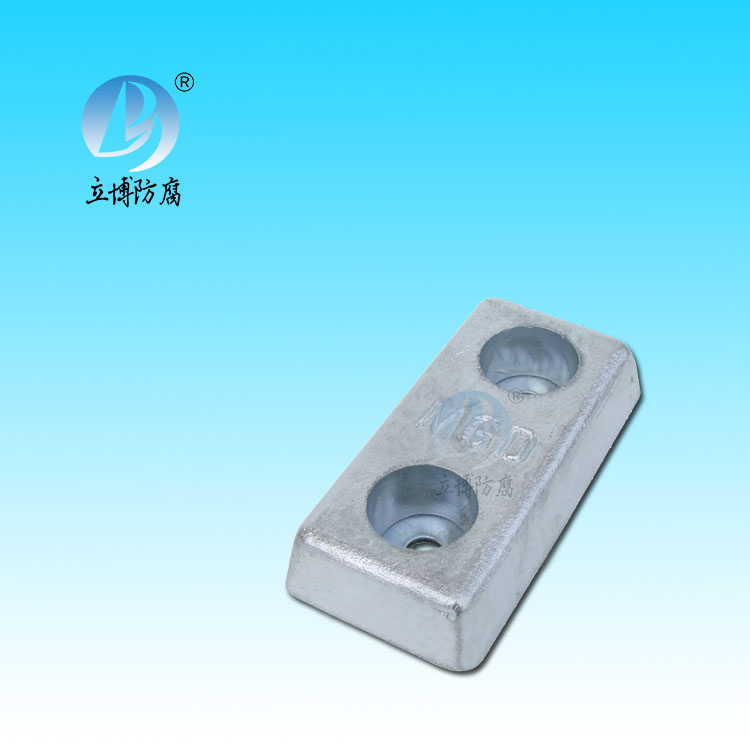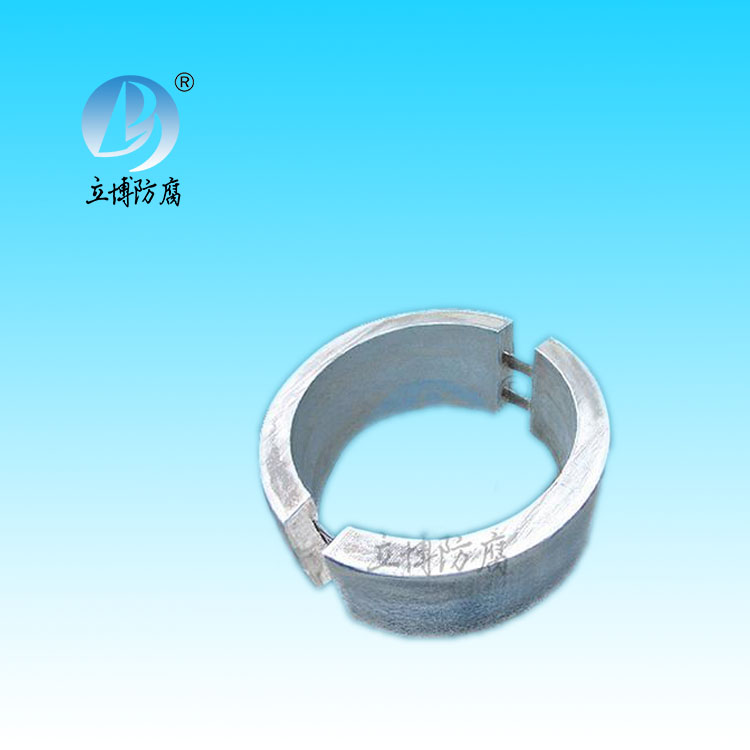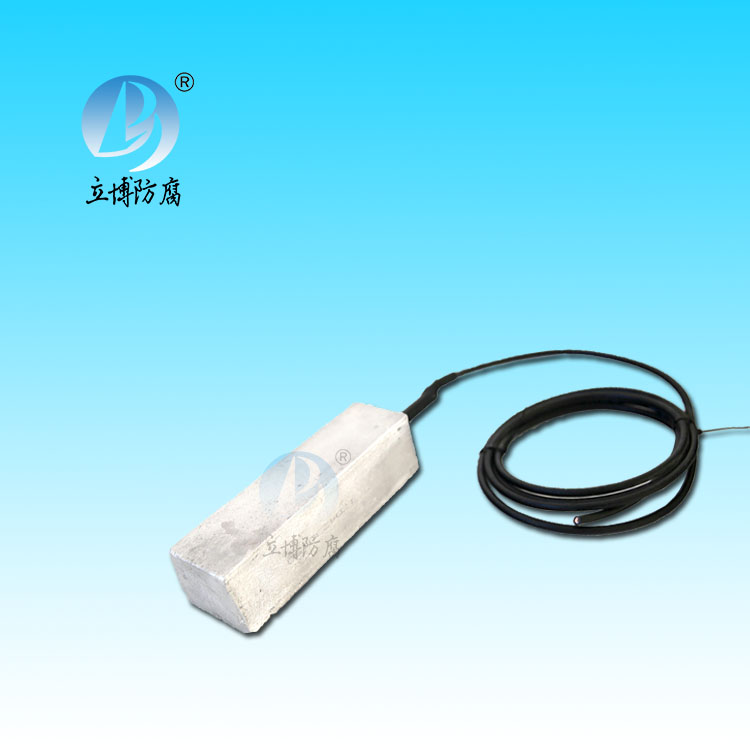News
News
- What is a sacrificial anode
- Basic requirements for reference...
- What does the reference electrode do...
- Why are zinc blocks attached to the ...
- What is the principle of impressed...
- What material does metal structure...
Contact
Phone:18739187123
hotline:0391-7588881
E-mail:970512272@qq.com
Address:Wuzhi County, Jiaozuo City, China
Q & A
What's a potential?
- Author:Libo
- Source:waskmauriceandnesanel.com
- Date:2021-06-11
- Click:0
Potential, also known as electric potential, refers to the electric potential energy of a unit charge at a point in the electrostatic field [1].
Potential is the intensity of electric energy due to potential element, its size depends on the choice of potential zero, its value only has relative significance. In general, infinity is chosen as the zero potential, where the value is equal to the ratio of the amount of charge to the work done by the charge to travel any path from there to infinity (assuming zero potential energy at infinity).
The common symbol for electric potential is U or φ, and the unit in the international system of units is the volt (V). When A unit positive charge through A matter by phase interface, for there is in A phase interface surface potential, is unvalued, therefore, A material phase one location "absolute" potential can not be sure of, can't measure, people can measure is the same phase, the two different positions of potential difference delta phi or potential E. For example, a potentiometer or voltmeter is used to measure the potential between its two ends (all brass phases of the same composition). In English, the two concepts of potential and electric potential use the same word, which is often confused when translated into Chinese. In fact, when people encounter the words "potential", "potential" or "voltage", they generally refer to "potential drop", that is, electric potential; The concept of potential is useful only for theoretical purposes.
In addition, in electronics, potential often refers to the voltage drop from a point to a reference point, where the reference point can be arbitrarily chosen, but is usually at a common contact of the circuit, not necessarily a ground point. However, the reference point is generally regarded as the zero potential point to facilitate the calculation of potential. A very important property of potential is the zero potential point. The so-called zero potential point refers to the point in the circuit with the same potential. Its characteristic: the voltage difference between the zero potential points is equal to zero. If there is no current passing through the equipotential points connected by wire or resistance, the original working state of the circuit will not be affected. Edit this brief introduction Potential is also called electric potential. A physical quantity describing the properties of electrostatic and stationary electric fields. Let's call it U. In an electrostatic field or a stable electric field potential, the electric potential of a point P is the work done by the electric field force when moving a unit positive charge from the point to a reference point P0, that is, U(P)=. Once P0 position in the formula is selected, the electric potential of each point in the field has a definite value.
By definition, the potential at the reference point P0 is zero. When the source of the electric field is distributed in a finite area, the infinite point is often chosen as the potential reference point. In practice, the earth is often chosen as the potential reference point. In general, the two options are not equivalent to each other. The electric field force per positive charge is equal to the electric field strength E, so the potential Va at any point a in the electric field is calculated by the line integral of E. The unit of electric potential is joules per coulomb and is called volt. The potential is a scalar point function, and Va depends only on the position of a when the reference point is selected. If the reference points are different, the Va values in the two cases differ by a constant. In theoretical research, a point at infinity of the source of the departure field is often chosen as a reference point. In engineering practice, the earth is often selected as the reference point. The value of the potential difference is independent of the choice of reference point. In the electric field excited by the point charge Q, if there is a vacuum around, and the infinite point is chosen as the reference point, the potential V at a point r away from the point charge (the source of the field) is q/4πε0r. Where, ε0 is vacuum permittivity. We can also find the potential function of the electric field for various other charge distributions. From E=-▽V, the electric field intensity E can be further calculated.







 客服QQ
客服QQ